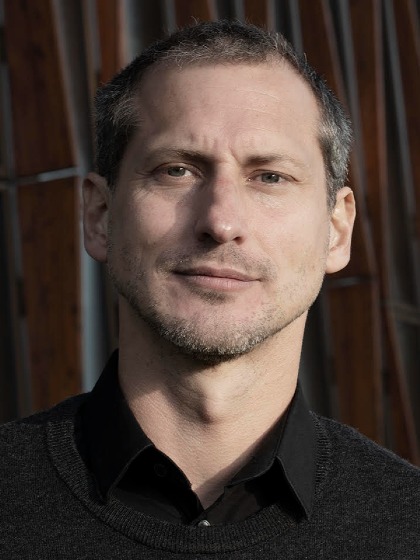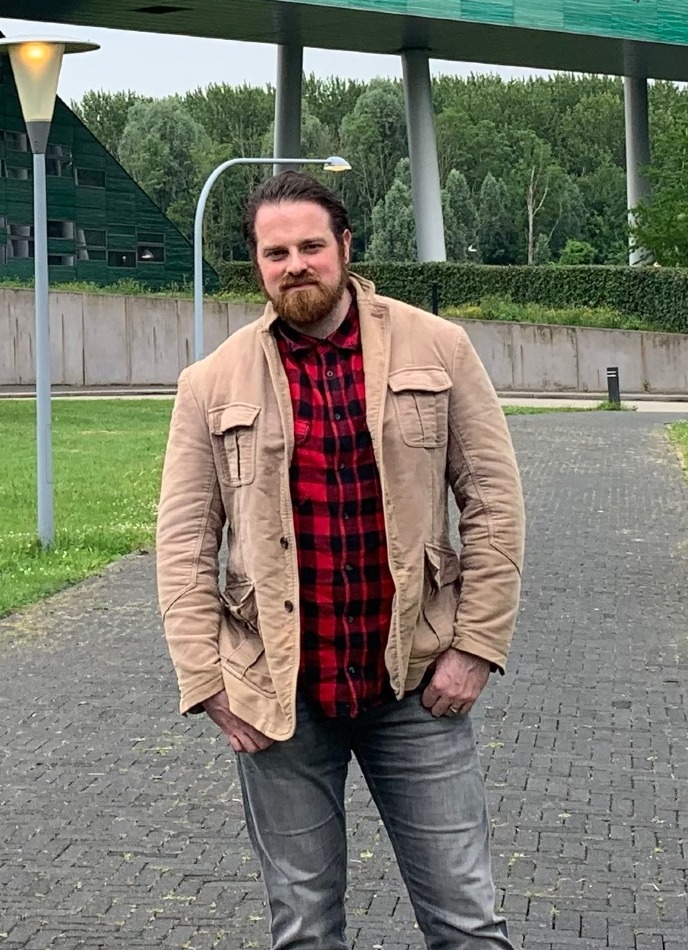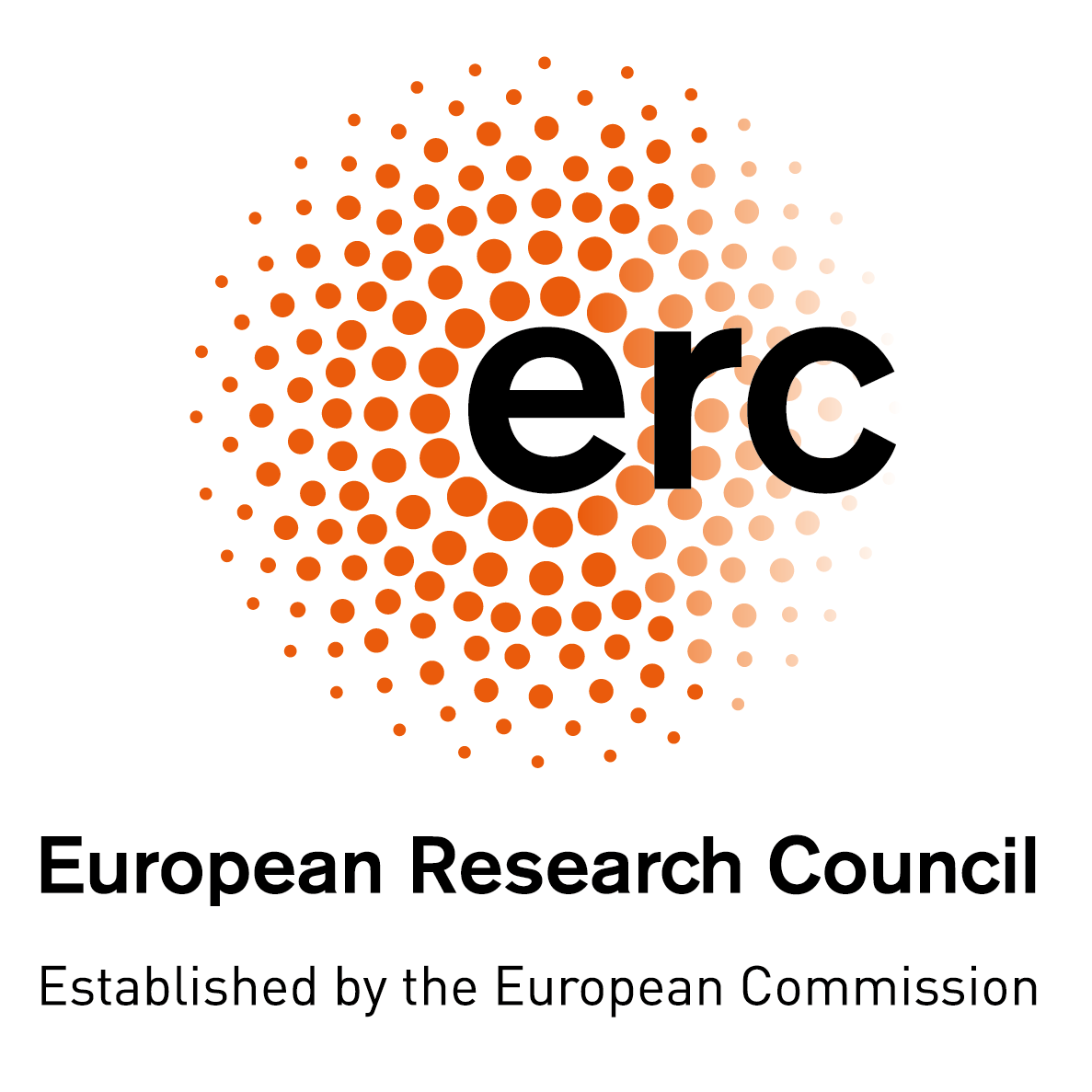The science behind two ERC Consolidator grants for FSE
Two researchers from the Faculty of Science and Engineering have been awarded an ERC Consolidator Grant . The European Research Council (ERC) awards these personal grants of two million euros to outstanding scientists. With this grant, the ERC aims to stimulate groundbreaking research in Europe.

Clemens Mayer has received an ERC Consolidator grant to develop a faster method to evolve enzymes. For his ContiZymes project, he will use a so-called continuous evolution approach, in which replicating bacteria provide a platform for guided evolution. This enables the autonomous engineering of efficient enzymes in a matter of days rather than months or years.
The chemical industry often requires reactions to be performed at high temperatures or pressure, or in toxic solvents. Enzymes can provide a green alternative to many chemical reactions, as they work under mild conditions in water. However, designing the right enzymes for the chemical industry is a complex procedure. One way to produce new enzymes is through ‘directed evolution’. This means that scientists make a large library of mutants from a known enzyme, and test them for the required activity. However, this is a time-consuming and laborious process.
Evolutionary path
In Mayer’s system, which he previously developed, the bacteria can only survive if they produce a vital molecule through a specific enzymatic reaction. It is possible to modify this reaction to make it similar to a process that is vital for the chemical industry. While the bacteria are evolving the ability to effectively perform the chosen reaction, Mayer will regularly take samples so he can observe the evolutionary path to maximum efficiency. The data on the changes in the enzyme structure and their function during evolution will be used to train an artificial intelligence system.
The final goal of the project is to develop a generative AI model that can accurately predict the changes that will create enzymes for a wide range of reactions, without the need for guided evolution. This will speed up the search for enzymes to be used in the chemical industry.

Danny Incarnato , Assistant Professor of Molecular Genetics at the Groningen Biomolecular Sciences and Biotechnology Institute (GBB), has received an ERC Consolidator grant for a study of the role of RNA molecules in the cell. The human genome has just over 20,000 genes coding for proteins. Yet it produces at least ten times as many different non-coding RNA molecules, which can often take on more than one shape —the so-called secondary structures. These RNA molecules can play an important role in our cells, for example by regulating which genes are active. Faulty regulation can cause disease, which makes these RNA molecules an interesting target for drugs.
Computational methods
Previous work by Incarnato has shown that the secondary structures of these molecules often define the action of RNA molecules. What is more, these structures can change in response to signals from inside and outside the cells. The goal of Incarnato’s ERC project is to provide a deeper understanding of the mechanistic aspects underlying RNA secondary structures. In other words: how are changes in the structure of an RNA molecule triggered, and how do these changes affect the way a cell functions?
In this project, Incarnato will combine cutting-edge experimental and computational methods, many of which he pioneered. Together with his team, he will explore how different secondary structures for RNA molecules are regulated by cues from inside the cell or the surrounding environment. A new understanding of these dynamics could inform the design of the next generation of drugs to treat diseases caused by faulty RNAs.

| Last modified: | 12 December 2023 3.06 p.m. |
More news
-
21 November 2024
Dutch Research Agenda funding for research to improve climate policy
Michele Cucuzzella and Ming Cao are partners in the research programme ‘Behavioural Insights for Climate Policy’
-
13 November 2024
Can we live on our planet without destroying it?
How much land, water, and other resources does our lifestyle require? And how can we adapt this lifestyle to stay within the limits of what the Earth can give?
-
13 November 2024
Emergentie-onderzoek in de kosmologie ontvangt NWA-ORC-subsidie
Emergentie in de kosmologie - Het doel van het onderzoek is oa te begrijpen hoe ruimte, tijd, zwaartekracht en het universum uit bijna niets lijken te ontstaan. Meer informatie hierover in het nieuwsbericht.

